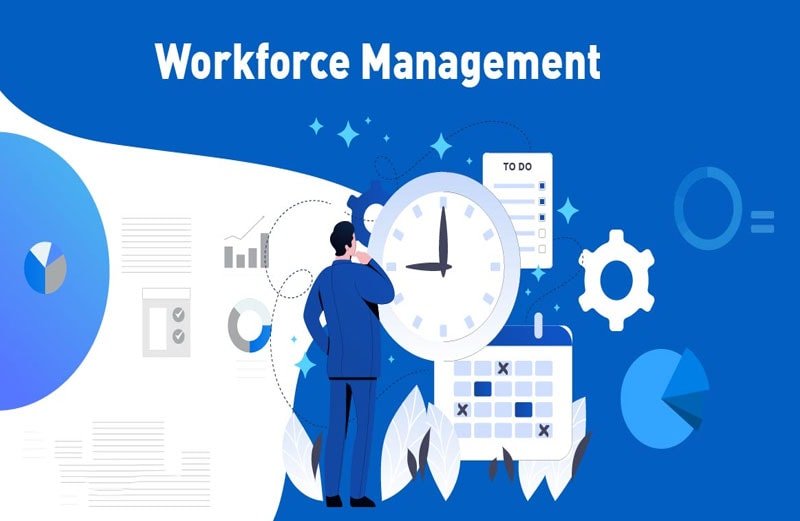The world’s financial markets represent a huge collection of different entities and assets, from the worldwide stock market to the international foreign exchange. The global stock exchange alone boasts a total market capitalization of approximately $70.75 billion, or at least it did as of December 31st, 2019. Given this and the importance of diversifying your investment portfolios over time, it’s wise to consider some of the available asset classes in closer detail as you look to grow and evolve over time.
So, here’s a breakdown of four major asset classes and the benefits that make them so appealing to investors:
1. Property
While the property may be an asset class that tends to split the investment community, this ignores its innate diversity and the various ways that you can invest in the marketplace.
The most popular form of real estate investment is residential, either the form of buying houses and retaining them for future resale or the polarising buy-to-let market. Both vehicles provide investors with a secure store of wealth, while the latter offers a monthly and annual yield in the form of rental payments.
Of course, you can also invest in commercial and industrial properties, which tend to deliver more significant yields over time while spreading risk and creating optimal levels of capital growth.
Even buying land offers a viable investment opportunity in the UK, thanks largely to its relative scarcity and entry price. You can also access a raft of land-related investment products such as exchange-traded funds (ETFs), so this is worth considering in the current climate.
2. Currencies and Commodities
At the other end of the investment, the spectrum is currency and commodity trading, which can be considered derivative asset classes that provide flexibility and increased short-term gains rather than a secure store of wealth.
More specifically, it’s possible to speculate on the performance of specific currencies and commodities, without assuming ownership of the underlying asset.
This allows for profitability even in a depreciating market, making it an ideal (albeit risky) way of leveraging wider volatility.
There’s also an inherent link between currency and oil prices, particularly with the value of crude oil always quoted in the US Dollar. Oil is a type of commodity that can also be traded as a derivative asset, although alternative options within this class (such as gold and silver) may also provide secure stores of wealth and a safe haven during times of economic tumult.
3. Fixed Income Assets
We close with reliable fixed-income assets, which include options such as government and corporate bonds, savings accounts, and even cash deposits.
Bonds are the most popular fixed-income investment vehicles, with these established as a form of loan agreement that can be traded between owners. As the name suggests, governmental bonds are issued by an incumbent government as an instrument of indebtedness to support public spending.
The main benefit of bonds is that holder is entitled to receive reliable and fixed interest payments (known as coupons) over time and in most cases the full repayment of the lump sum amount at the maturity date.
This type of low-risk investment opportunity is also embodied on a fundamental level by savings accounts, which allow users to accrue incremental (but modest) returns on their cash deposits.














